Proposal to assign the Minister of Transport to prescribe technical standards for highways
This morning (May 21), on behalf of the National Assembly Standing Committee (NASC) reporting on the explanation, acceptance and revision of the draft Road Law, Chairman of the National Defense and Security Committee Le Tan Toi said that at the 6th session of the 15th National Assembly , NA deputies discussed and gave opinions on the draft Road Law.
Based on the opinions of the National Assembly Deputies, the National Assembly Standing Committee directed the Standing Committee of the National Defense and Security Committee (NDSC) to coordinate with the drafting agency, the National Assembly agencies and relevant agencies to study, absorb, and revise the draft Law and develop a draft Report on explanation, absorption and revision.
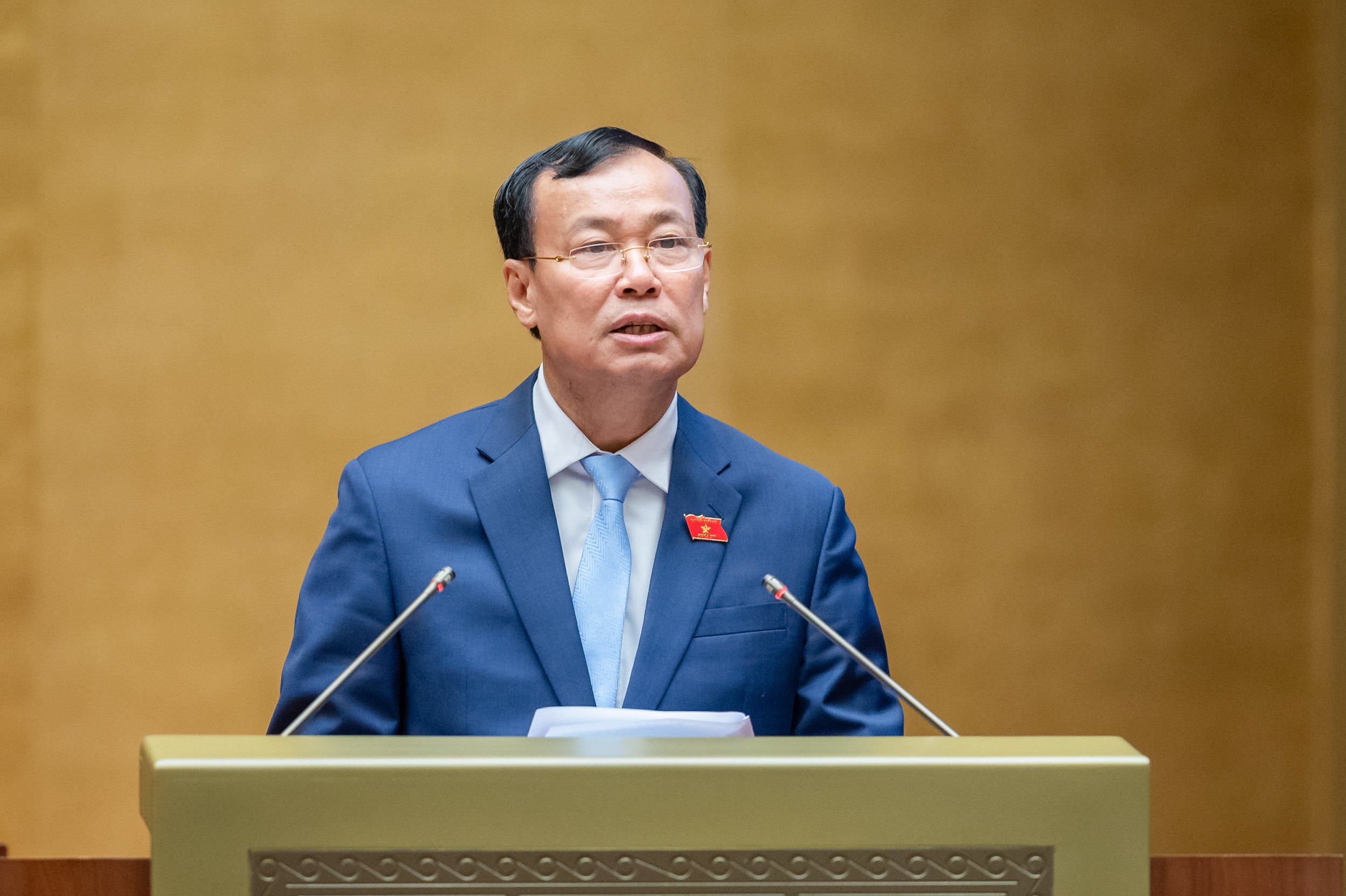
Chairman of the National Defense and Security Committee Le Tan Toi.
The draft Road Law submitted to the National Assembly for discussion at the 7th session has 86 articles, 6 articles less than the draft Law submitted by the Government; the content of 82 articles has been revised, 7 articles have been removed, and the content of some articles has been combined to form new articles, and the positions of 3 articles have been rearranged.
Regarding road infrastructure, the Standing Committee of the National Assembly directed to absorb and make maximum adjustments according to the opinions of National Assembly deputies, focusing on the provisions in Article 8 (classification of roads by management level), Article 12 (land fund for road infrastructure), Article 15 (road safety corridor), Article 16 (use of land in road safety corridor), Article 28 (investment and construction of works belonging to road infrastructure), Article 31 (handover and putting road works into operation).
Regarding the regulations on investment, construction, management, operation, exploitation and maintenance of road infrastructure, the Standing Committee of the National Assembly directed to supplement and revise Article 8 to determine the responsibilities of entities in road management, on that basis, revise Articles 28 and 37 of the draft Law to determine the responsibilities of investment, construction, management, operation, exploitation and maintenance of road infrastructure in the direction of citing the provisions in Article 8.
Regarding financial resources for investment, construction, management, operation, exploitation, and maintenance of road infrastructure and revenue from road infrastructure, taking into account the opinions of National Assembly deputies, the National Assembly Standing Committee directed the revision of Clause 2, Article 42 to be consistent with the provisions of the State Budget Law.
Road inspectors do not conduct inspections and handle violations on the road.
Regarding expressways, although expressways are a technical level of roads, they have their own requirements for investment, construction, standards, technical regulations, and management, operation, exploitation, and maintenance activities.
Therefore, the construction of a separate chapter to specify these contents is to ensure the legal basis and feasibility for investment, construction, management, operation, exploitation and maintenance of highways.
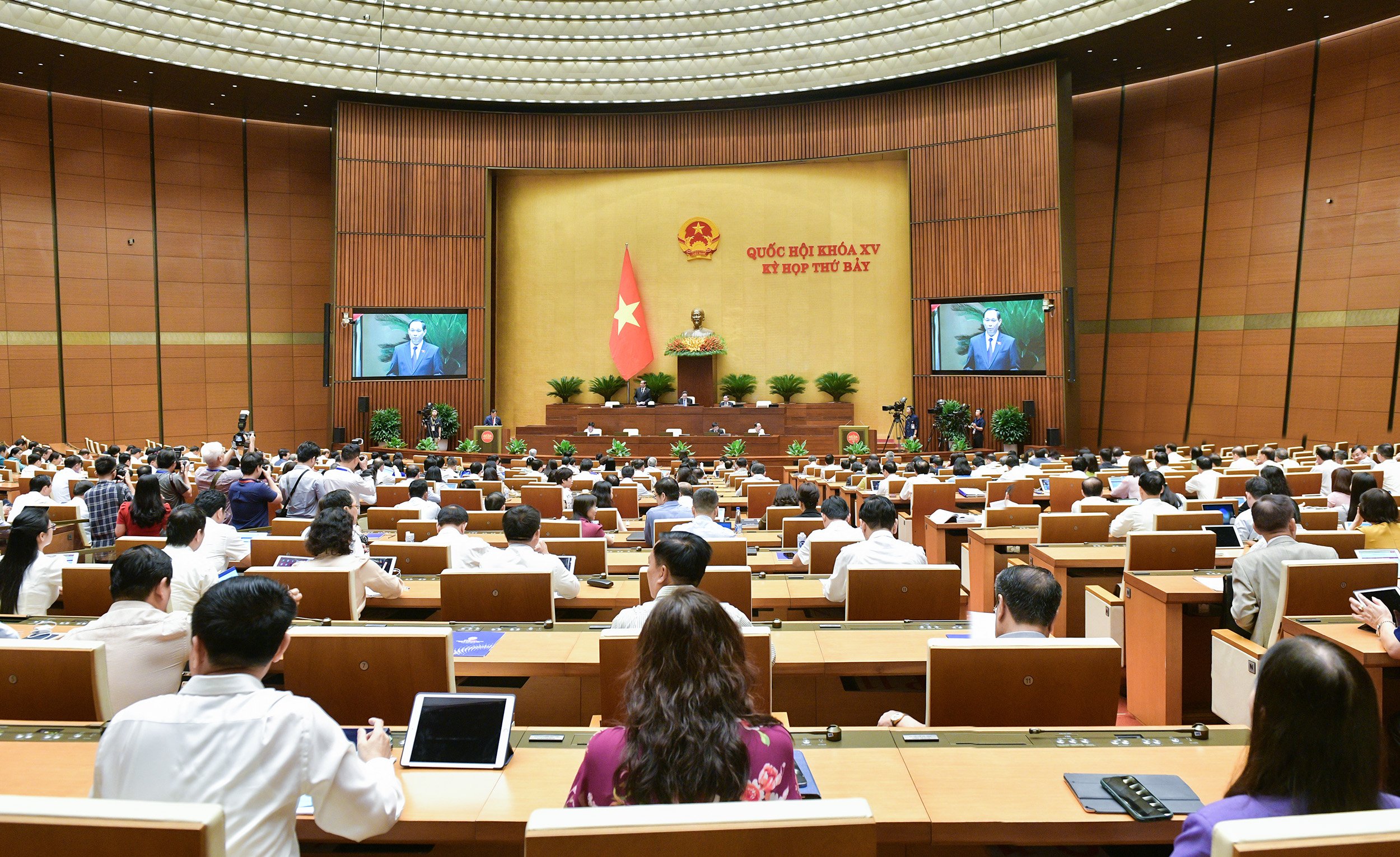
This morning (May 21), the National Assembly discussed the draft Road Law.
Regarding the proposal to add some specific regulations on technical requirements for highways, the Standing Committee of the National Assembly proposed to assign the Minister of Transport to stipulate in the technical standards for highways to ensure compliance with reality and authority.
Regarding the regulations on expanding and upgrading highways, the Standing Committee of the National Assembly has directed the revision to be consistent with the provisions of the law on construction, public investment, investment under the public-private partnership method... and in accordance with reality to create a legal basis to attract financial resources for investment activities to expand and upgrade existing roads into highways or highways invested in a phased scale.
Regarding transportation activities, Chairman of the National Defense and Security Committee Le Tan Toi said that, taking into account the opinions of National Assembly deputies, the National Assembly Standing Committee has revised the regulations in Chapter IV in the direction of reviewing and ensuring consistency with the provisions of the draft Law on Road Traffic Order and Safety, focusing only on regulations on the management of transportation business activities, the responsibilities of entities in transportation business activities and services supporting road transportation activities.
Regarding state management of road activities, accepting the opinions of National Assembly deputies, it was added to Clause 2, Article 83 of the draft Law to ensure consistency with the draft Law on Road Traffic Safety, because the inspection of training, testing, granting of driving licenses and vehicle inspection in the people's army and people's police forces is carried out by the Ministry of National Defense and the Ministry of Public Security.
Regarding the proposal to regulate that road inspectors are allowed to stop vehicles for handling, to ensure consistency, avoid overlapping functions and tasks between the traffic police force and the road inspector force, and avoid inconvenience to traffic participants when there are many forces with the authority to handle violations on the road, the draft Law stipulates that road inspectors perform specialized inspection functions, do not conduct inspections or handle violations on the road, and only handle responsibilities through "static" traffic points, through the database. Patrolling and handling on the road are carried out by the traffic police force.
Regarding the effective date, based on the proposal of the drafting agency, the Standing Committee of the National Assembly has directed the acceptance, revision and proposal to the National Assembly to supplement Clause 2, Article 85 of the draft Law, accordingly, the regulations related to the collection of highway usage fees will take effect from October 1, 2024 to promptly organize the implementation of highway usage fee collection activities according to the provisions of this Law.
Proposal to allow ride-sharing services with less than 10 seats to operate
Basically agreeing with the draft Road Law submitted to the National Assembly this time, delegate Ta Thi Yen (Dien Bien province delegation) expressed concern that the draft Law stipulates in Clause 10, Article 56, for the type of passenger transport business under contract, the transport business unit is only allowed to sign a passenger transport contract with the transport hirer who needs to hire the whole vehicle, meaning that each contract vehicle can only carry one passenger or a single group of passengers.
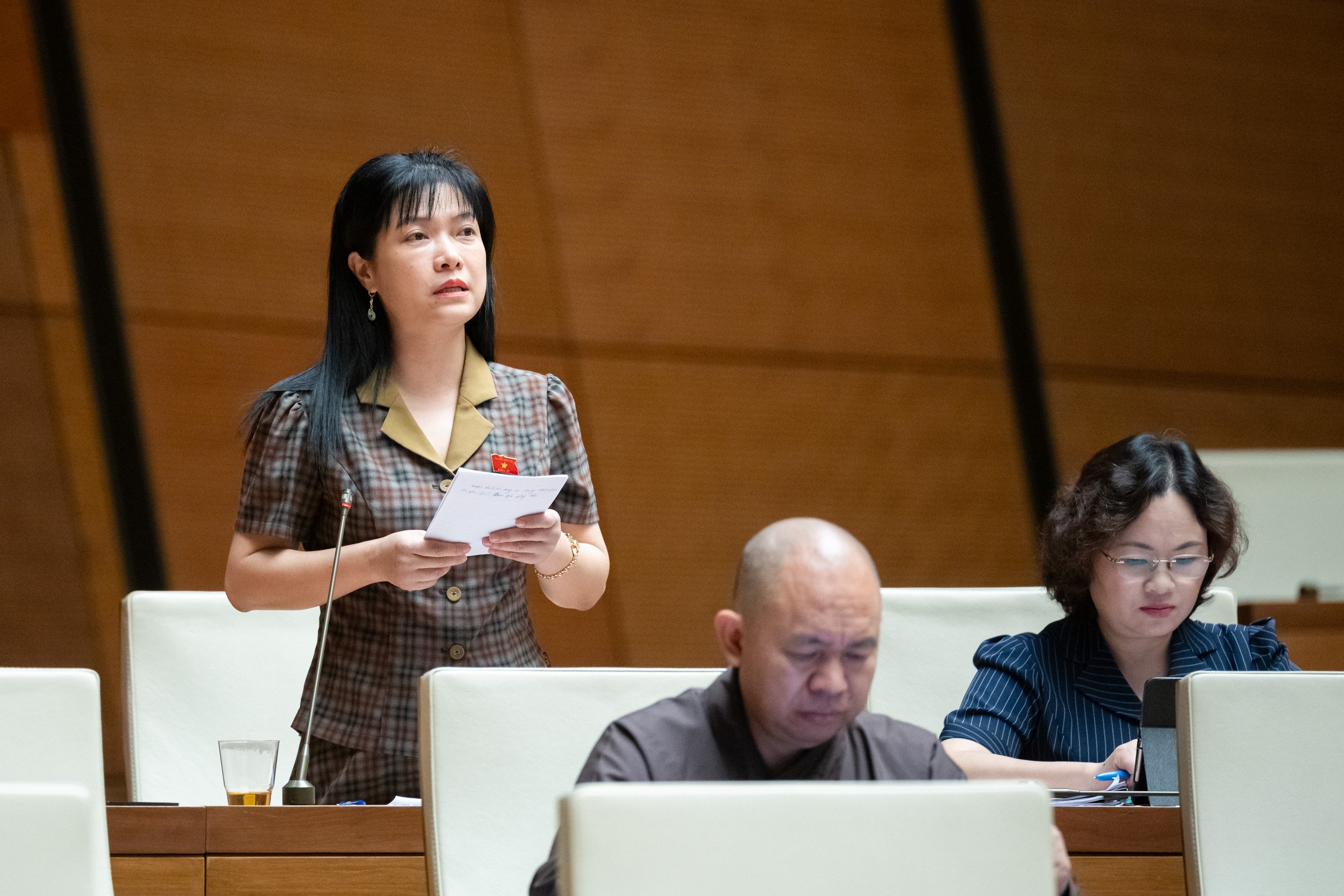
Delegate Ta Thi Yen (Dien Bien province delegation).
“I understand that the Drafting Committee issued this regulation to prevent the practice of using contract vehicles as cover to conduct inter-provincial passenger transport business on fixed routes. However, this inadvertently restricts a popular form of passenger transport in many other countries, which is the model of sharing contract vehicles with less than 10 seats through online ride-hailing platforms,” Ms. Yen wondered.
Delegate Yen said that, basically, the contract ride-sharing model allows different passengers with the same route but different pick-up and drop-off points to share a ride. Passengers will enjoy cheaper fares, and drivers will also increase their income due to the increased number of passengers in a trip. At the same time, this model also brings many benefits to society, reducing congestion and pollution.
Therefore, delegate Yen suggested that the drafting agency and the agency in charge of reviewing and adjusting Clause 10, Article 56, in the direction of both controlling the situation of "illegal vehicles and bus stations", but still creating conditions for ride-sharing services with less than 10 seats to operate.
Clarifying regulations on prohibited acts
Concerned about giving comments on prohibited acts in the draft Road Law, delegate Cam Thi Man (Thanh Hoa delegation) said that Clause 3, Article 7 of the draft Law stipulates that prohibited acts are encroachment, illegal use and construction within the protection area of road infrastructure.
However, this provision should be excluded from the cases specified in Clause 5, Article 32 of this draft Law, including cases of construction on roads in operation that do not require a license. Therefore, it is recommended that the drafting agency review to ensure consistency between the provisions in the draft Law; or re-state Clause 3, Article 7.
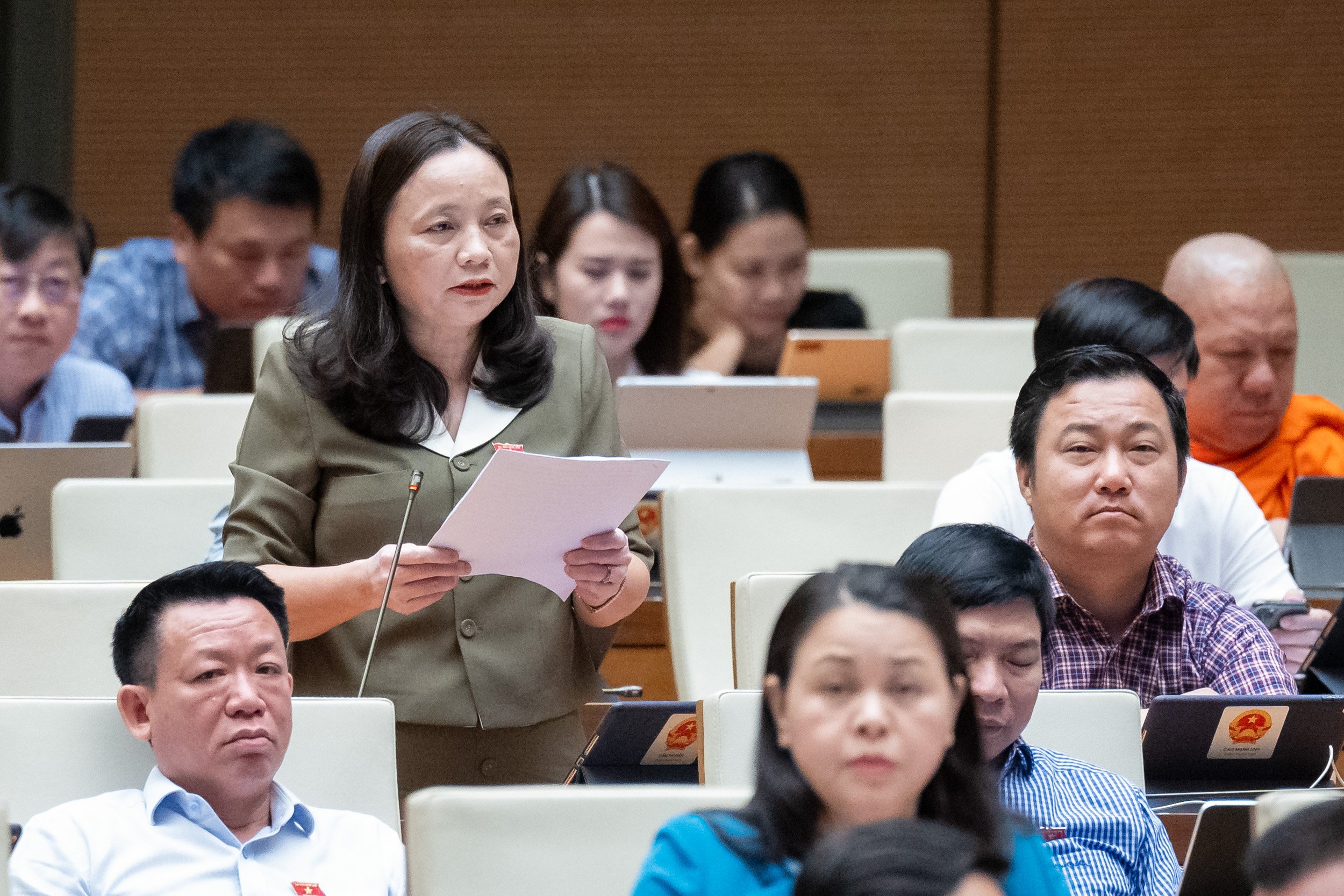
Delegate Cam Thi Man (Thanh Hoa delegation).
In addition, Ms. Man said, Clause 3, Article 7 only stipulates prohibited acts within the scope of road infrastructure protection, while Clause 2, Article 21 of the draft law stipulates that organizations and individuals when constructing, renovating, expanding, maintaining works and carrying out other activities within the scope of road infrastructure protection must be permitted according to the provisions of Clause 2, Article 32 of the draft Law.
“So, are acts of renovation, expansion of works and other activities without permission within the protection area of road infrastructure considered a violation of the prohibition? I request the Drafting Committee to study and clarify in order to stipulate the prohibited acts in a comprehensive and comprehensive manner,” said Ms. Man.
The Thanh Hoa delegation also said that according to the provisions of Clause 4, Article 5 of the Law on Promulgation of Legal Documents, one of the principles of developing and promulgating legal documents is to ensure feasibility, accessibility, and ease of implementation.
However, the delegate found that some contents in Clause 1, Clause 4 and Clause 6 of this Article also stipulate the use of the phrase "contrary to the provisions of law" which is unclear and general.
Delegate Man said that “legal provisions” are very broad, and that simply confining the prohibited acts in Clauses 1, 4 and 6 to determine what is “against the provisions of the law” to be considered a prohibited act will cause difficulties for people, agencies, organizations and individuals in accessing and applying the provisions of the Law. Therefore, it is recommended that the drafting agency study to specify and clearly stipulate the above contents.
Source: https://www.baogiaothong.vn/truc-tiep-quoc-hoi-ngay-21-5-thao-luan-ve-du-an-luat-duong-bo-192240521085907025.htm



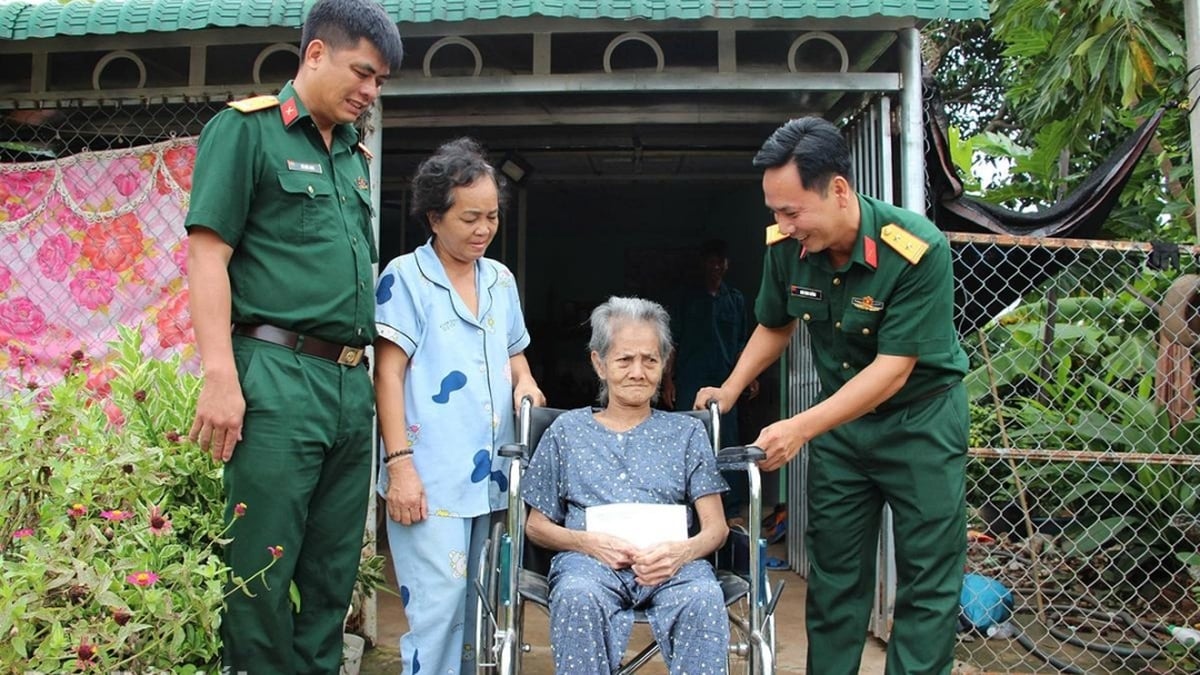

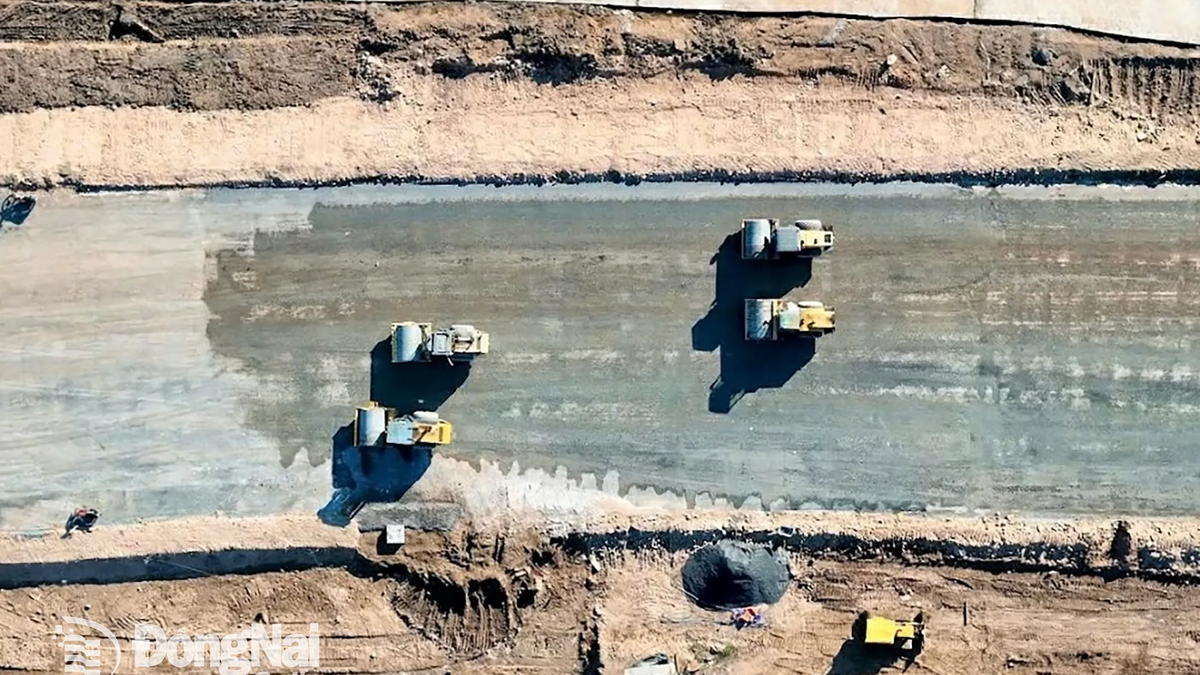
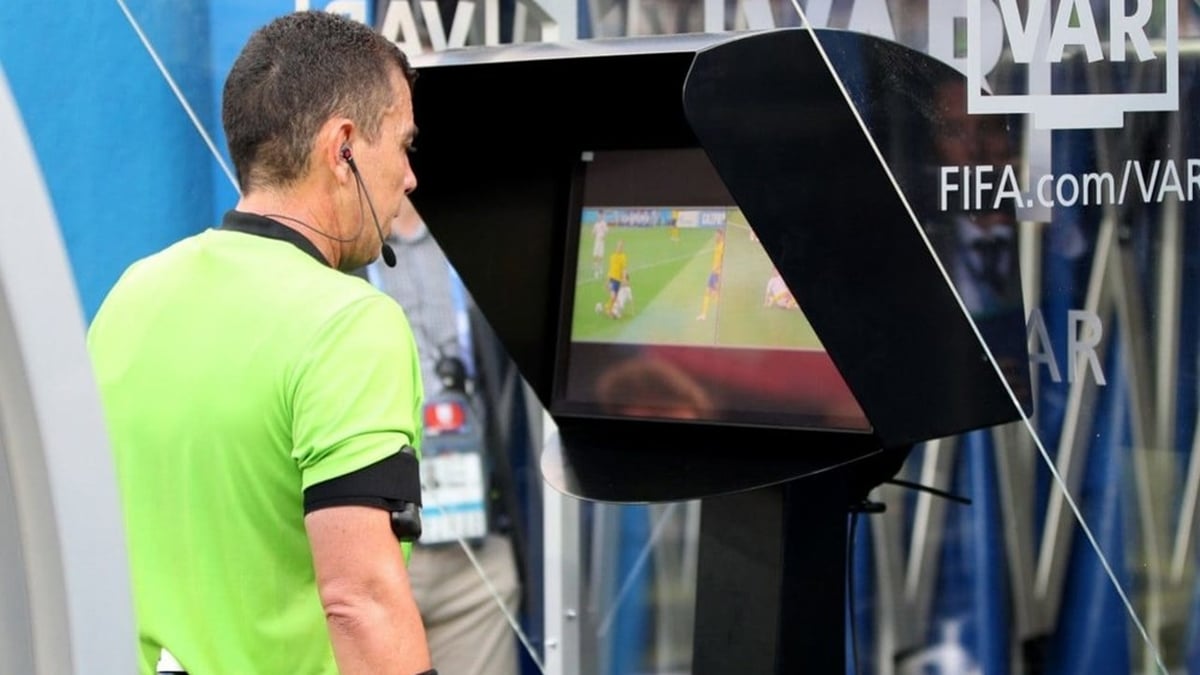
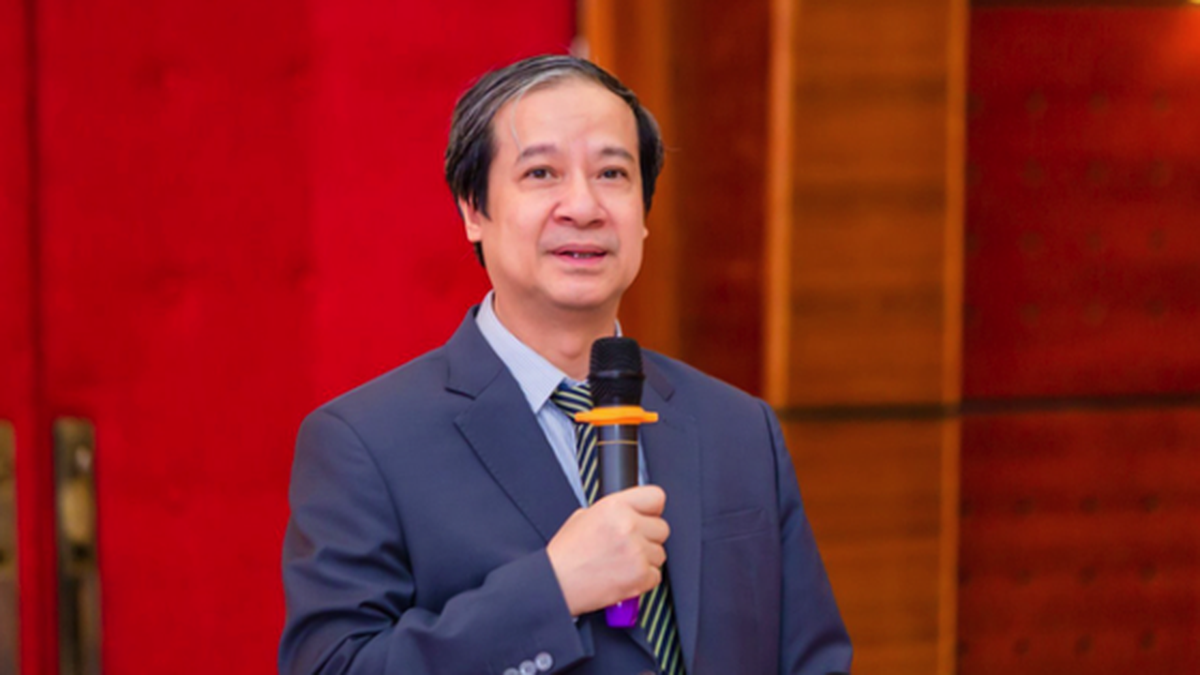



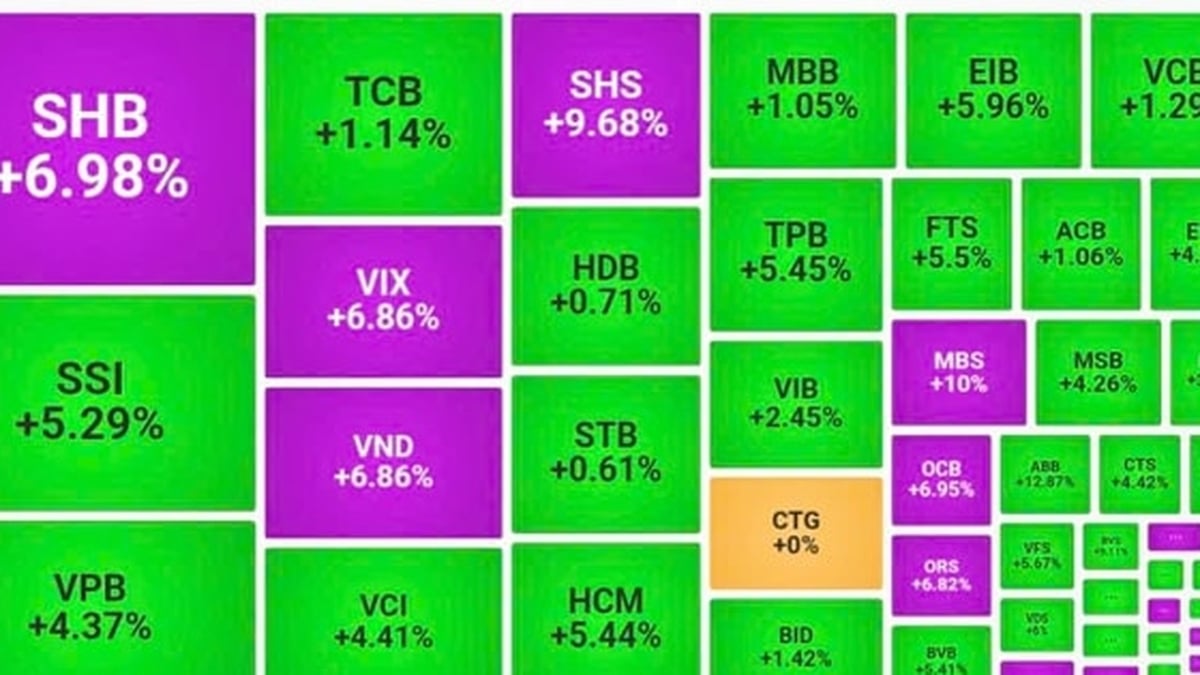
























































































Comment (0)